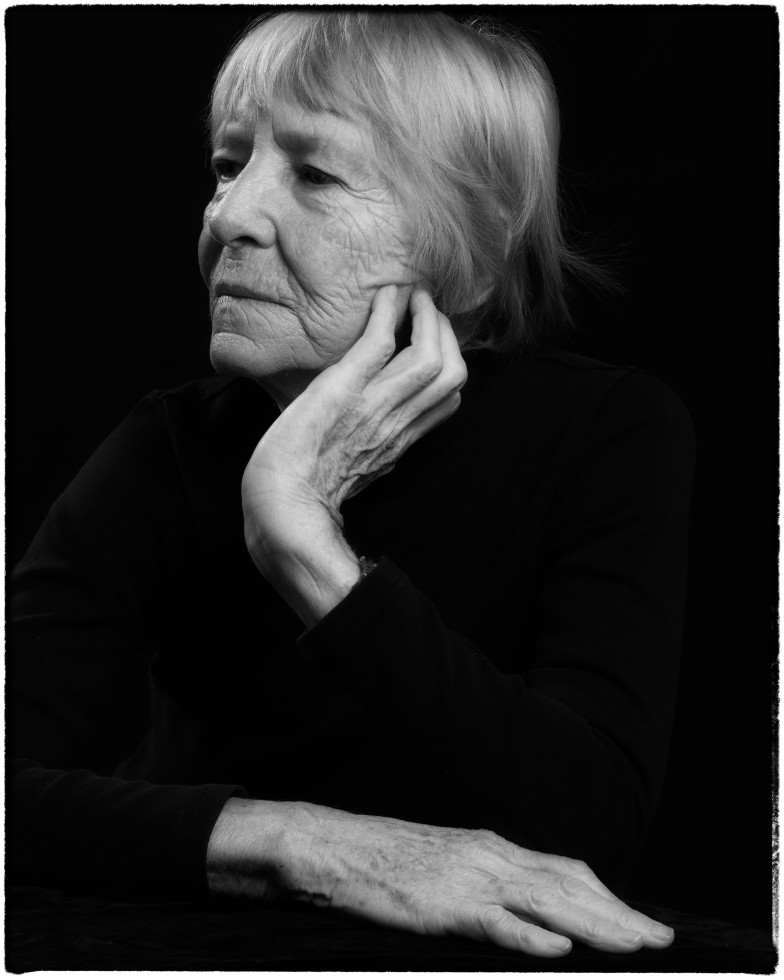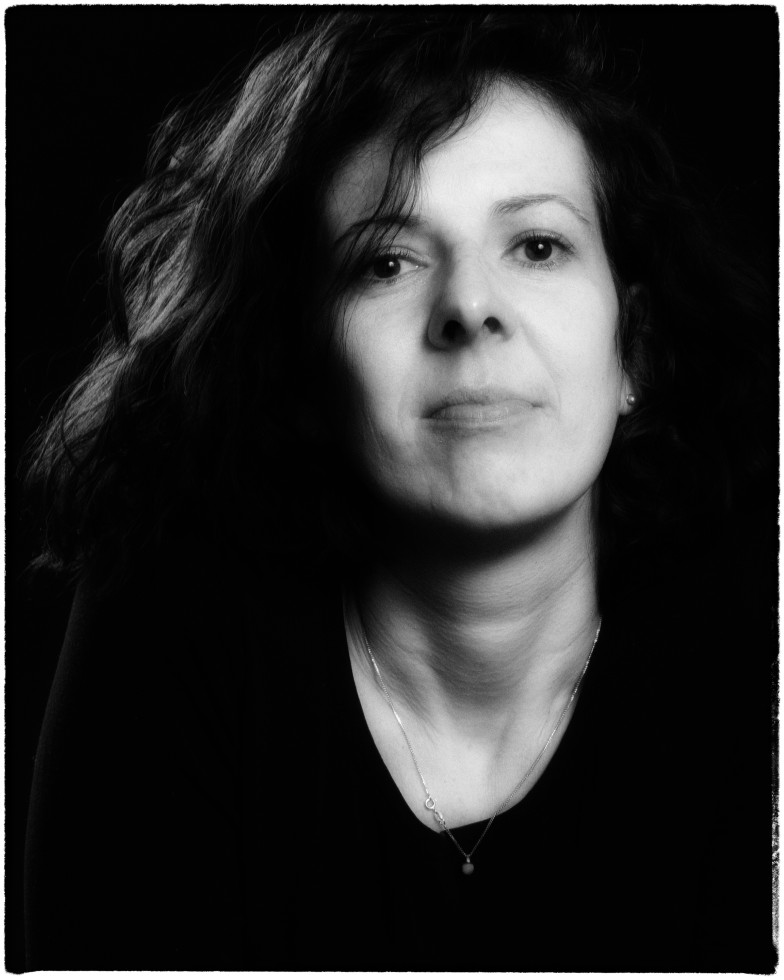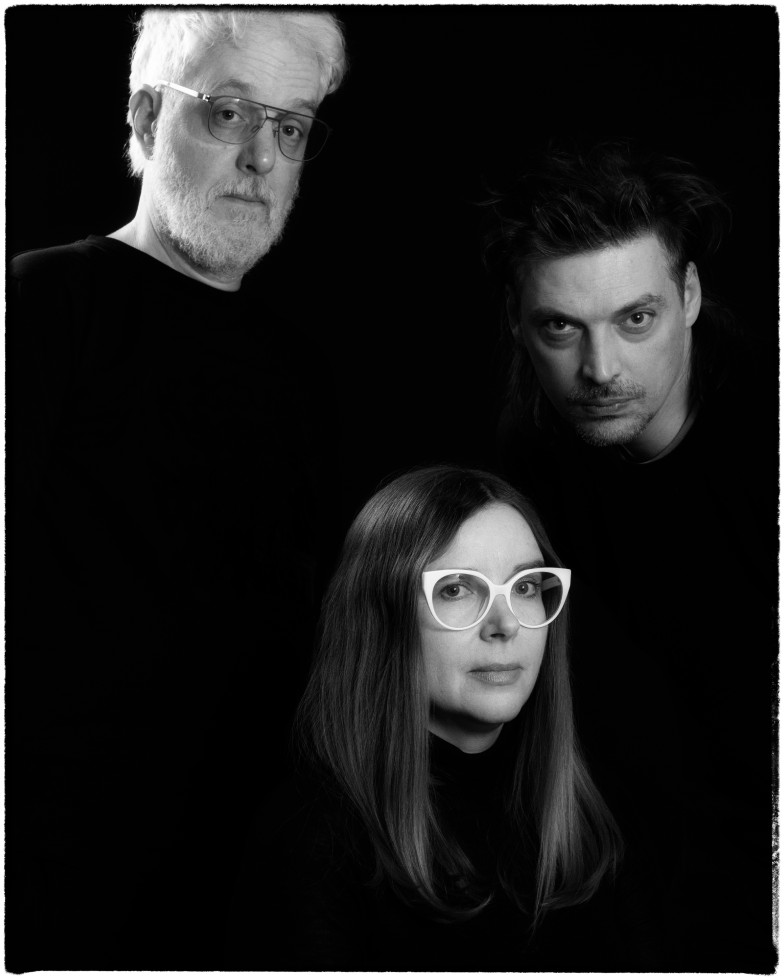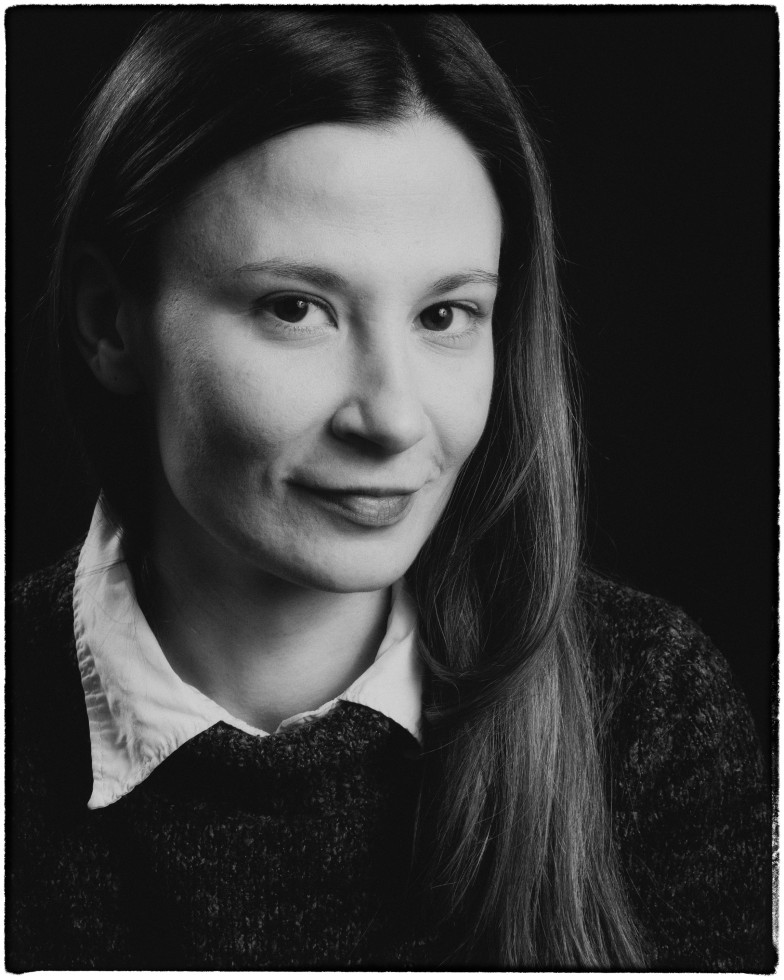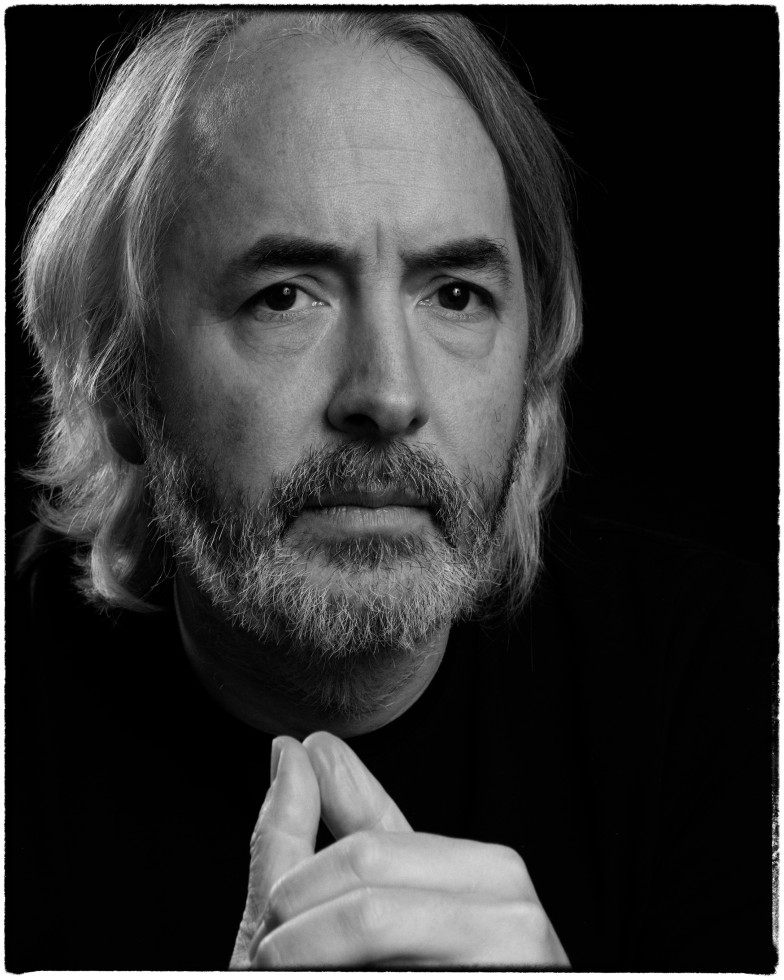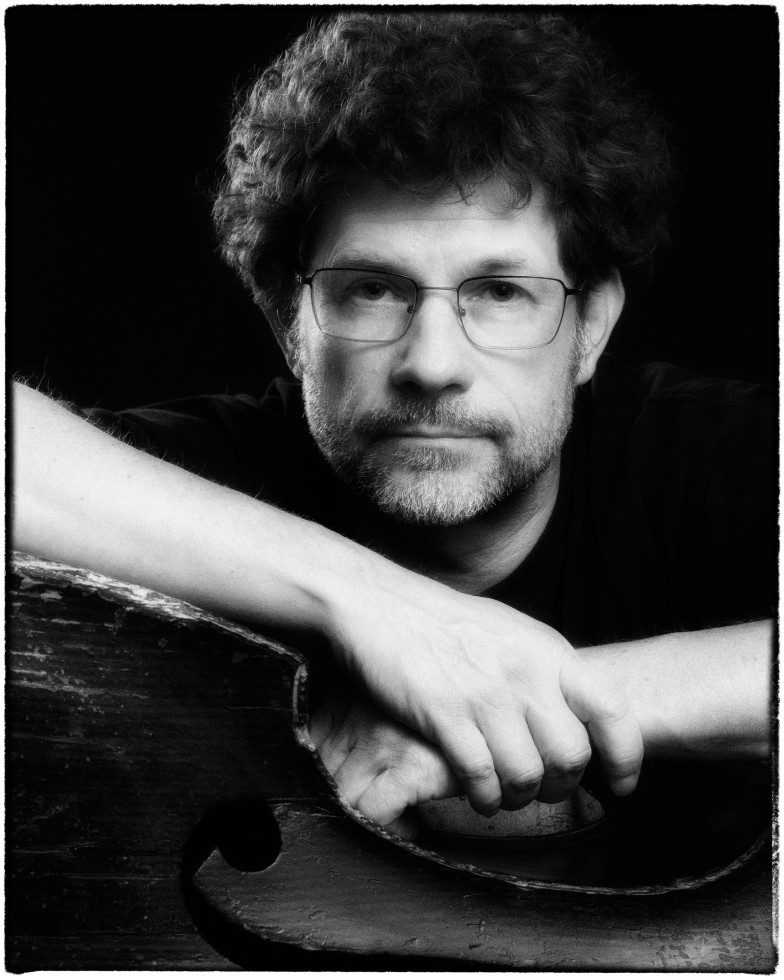Prešeren Laureates
The Prešeren Awards and the Prešeren Fund Awards are awarded in all fields of art. They are awarded by the Prešeren Fund, which awards a maximum of two Prešeren Awards and a maximum of six Prešeren Fund Awards each year.
The Prešeren Award is given to artists who have permanently enriched Slovenian cultural heritage with their outstanding artistic achievements during their lifetime’s work. The Prešeren Fund Award is given to artists for their outstanding artistic achievements that have been presented to the public in the three years prior to the award and enrich Slovenian cultural heritage.
The Prešeren Fund Management Board announces the names of the awardees every year on December 3 and presents the awards at a ceremony to mark Prešeren Day, the Slovenian national cultural holiday, February 7. The Prešeren Fund Management Board decides on the Prešeren Awards and the Prešeren Fund Awards based on the opinions of expert committees.
Prešeren Prize for Lifetime Achievement 2025
Visual artist and sculptor Dragica Čadež is the recipient of the Prešeren Prize for Lifetime Achievement.
Dragica Čadež’s invaluable work has inspired us for six decades through her creative energy and artistic passion, producing images that reflect a deep connection between nature, culture and universal questions of human existence.
From an early age, Dragica Čadež expressed a relentless determination and innovation. After studying at the Academy of Fine Arts in Ljubljana, she consciously chose her own artistic path. Her determination to break traditional sculptural frameworks laid the foundation for her immense artistic contribution. Even in her early works, created with patinated plaster and black cement and imbued with bold symbolism, she demonstrated that artistic expression meant something more to her – it was a window into a universal understanding of the world.
A particular milestone in her creative work was the international symposium Forma Viva in Kostanjevica na Krki in 1966, where her encounter with Japanese sculpture shaped her long-standing artistic dialogue with wood. She found in this material an expressive power through which she explored symbolism, geometry and space. Her works often transcended classical sculpture, evolving into spatial installations in which viewers could fully immerse themselves.
In 1986, she was awarded the Prešeren Fund Prize for her series Association with Pompeii. This was an important artistic recognition of her artistic vision. Later, clay joined wood in her artistic oeuvre, allowing her to explore new techniques and aesthetics, thus once again expanding the boundaries of her artistic expression.
Dragica Čadež is not only an artist, but she is also a tireless promoter of the arts. With her pedagogical work and her mentoring approach, she has raised generations of artists and contributed significantly to the development of artistic ceramics in our country. Her initiative in founding the International Ceramics Triennial UNICUM in 2009 is just one of the many proofs of her commitment. Her work with sculpture and ceramics has also made her an ambassador of Slovenian art on the international stage and, in 2017, she became a member of the International Academy of Ceramics in Geneva.
Her artistic work is much more than an aesthetic experience – it is an invitation to reflect. Through forms, materials and spaces, Dragica Čadež evokes our connection with nature, the transience of existence and the timeless power of creativity. With her boundless talent and vision, she teaches us that art is not only a mirror of the world, but also a place to search for deeper truths and inspiration. Let this award be a tribute to her invaluable contribution and an expression of deep respect for an artist whose dedication and vision inspire us to seek deeper truths in art and life.
Director and performer Dragan Živadinov is the recipient of the Prešeren Prize for Lifetime Achievement.
After graduating in theatre directing from the Academy of Theatre, Film, Radio and Television in 1984 Dragan Živadinov became a co-founder of the art movement Neue Slowenische Kunst, for which he also chose the name, and the conceptual architect of the style formation of Retrogardism. Since the mid-1980s, he has been persistently building his retrogardist vision of theatre, which combines the principles of the artistic avant-gardes of the 20th century – Futurism, Constructivism and Conceptualism. In 1983, while he was still a student at the Academy of Theatre, Film, Radio and Television, he founded his first theatre (the Scipion Nasice Sisters Theatre). At the same time, he collaborated with the Neue Slowenische Kunst. In 1987, he founded the Red Pilot Cosmocinetic Theatre, which was reformed into the Noordung Cosmocinetic Cabinet in the early 1990s. Since 1995, he has combined his artistic work with scientific research; as an artistic cosmonaut, he has focused on the »weightless space of the universe« and launched his 50-year telecosmic project Noordung, which will last until 2045.
The first, let us say today classical phase of Dragan Živadinov’s great oeuvre was Retrogardism, without which, it is arguable, Slovenia would not be on the map of European 20th-century theatre. Krst pod Triglavom (Baptism under Triglav) was then a stage event that omitted every element conventionally understood as theatre: story, character, scenography, language and movement. A specific performative element of Živadinov’s performances in the 1990s and after 2000 has been his so-called farewell rites; they are linked to his 50-year theatrical sculpture, an ongoing performative project, called Projectile Noordung 1995 – 2045. In these rites, Živadinov says farewell to his fellow actors, to his theatre family; but they conceal a unique trick: they are rites of the deepest encounters. At the turn of the century, Dragan Živadinov began collaborating with visual artist and scenographer Dunja Župančič, whose creative contributions have ever since become an integral and indispensable part of Živadinov’s overall artistic identity. Her scenographic signature has always remained faithful to the atmosphere of biomechanical dynamics, yet each time it is innovative and spatially exploratory. In 2011, after many years, Živadinov returned to institutional theatre. He brings his own original expressions to the recognisable repertoire policies and established aesthetics there, infiltrating them, not by force, but with sensitivity regarding the context he enters.
In his theatrical life, Dragan Živadinov has not only created a series of original theatrical performances, but has also invented a (proto-)theoretical tool for naming them, which on the one hand, is rooted in the artistic avant-gardes, and, on the other hand, defines his own work in a completely new and unusually precise way. As a person and as a creator, Dragan Živadinov is himself an original and comprehensive work of art, which, in the four decades, since its beginnings, has already indelibly marked our specific and broader space and time.
Prešeren Fund Prize 2025
Visual artist Nika Autor received the Prešeren Fund Prize for her two exhibitions Če bi gozdovi govorili, bi se od žalosti posušili (If the Forests Could Talk, They Would Dry Up with Sadness) (2022, Metelkova Museum of Contemporary Art (+MSUM)) and Crvene šume (Red Forests) (2023, Museum of Contemporary Art Zagreb).
The Prešeren Fund’s Management Board is awarding the Prize to Nika Autor for her exceptionally productive and creative period over the past three years, during which her work has also received an outstanding response. During this period, she has conceived two solo exhibitions: If the Forests Could Talk, They Would Dry Up with Sadness at the Metelkova Museum of Contemporary Art (from 8 March to 20 June 2022) and Red Forests at the Museum of Contemporary Art Zagreb (from 16 May to 25 June 2023). Both exhibitions are complex installations that weave together multiple levels, incorporating film production and spatial arrangements. Within these, she develops a series of photographs, Polaroids and objects. Nika Autor has also produced a series of experimental films, among which we would particularly like to highlight the trilogy of documentary essays in which she explores the theme of barbed wire and its inhumane consequences. During this period, she presented her projects in major international exhibition venues, such as the MoMa in New York, the MAXXI in Rome, the Mosaic Rooms in London and others.
In her work, Nika Autor embodies solidarity and boldly pushes the boundaries of art and social norms. Her creativity breaks new paradigms and initiates discussions on current social issues.
The design collective Grupa Ee received the Prešeren Fund Prize for graphic design projects realized between 2021 and 2024.
Grupa Ee is a design collective led by Mina Fina, Damjan Ilić and Ivan Kan Mujezinović. Through its persistent work on cultural projects over the past few years, the collective has managed to create a distinctive and highly expressive design oeuvre distinguished by inventiveness, clarity of message and coherence. Their uniqueness is particularly evident in works that return in iterations, such as designs for theatres and festivals, for example for the Gledališče Glej Theatre, the Slovensko Mladinsko Gledališče Theatre and Steirischer Herbst, where over the years and seasons they have elaborated upon original concepts, always with fresh interpretations and themes that rediscover a moment in time. The comprehensive graphic designs they create are complex, subtle and striking at the same time. They are not afraid to touch on old references, use forgotten techniques or choose unusual formats.
For Grupa Ee, design is not a self-contained abstract field, but quite the opposite: it is inextricably linked to their clients and their programmes, and it is engaged and in constant tension with the expected and the conformist, actively integrated into the social context.
Theatre director Nina Rajić Kranjac received the Prešeren Fund Prize for the productions Zaprta študija. »New Constructive Ethics« (Closed study. »New Constructive Ethics«) (Prešernovo Gledališče Kranj Theatre, 2022), Mrakiada (The Mrakiad) (Slovensko Narodno Gledališče Drama Ljubljana Theatre, 2023) and Angeli v Ameriki (Angels in America) (Slovensko Mladinsko Gledališče Theatre, 2023).
Nina Rajić Kranjac, a theatre director and assistant professor at the Academy of Theatre, Film, Radio and Television, is synonymous with the vitality of Slovenia’s performing arts landscape. With the production of Closed Study.»New Constructive Ethics« by Ivan Viripaiev (Prešernovo Gledališče Kranj Theatre, 2022), The Mrakiad based on the drama trilogy by Ivan Mrak (Slovensko Narodno Gledališče Drama Ljubljana Theatre, 2023) and Angels in America by Tony Kushner (Slovensko Mladinsko Gledališče Theatre, 2023), she proved her artistic maturity and consolidated her authorial poetics.
Complex stage images and debates are the author’s hallmarks, who understands theatre as an important medium with a wide social reach, to which she feels a special responsibility. Her direction is marked by thoughtful moves and a constant desire to broaden the theatrical landscape. It is an engaged stand that understands theatre at the intersection of socio-political developments and does not allow works of art to be confined to aesthetic self-sufficiency.
Nina Rajić Kranjac has honed her artistic language, which, in the theatre, incorporates all components equally and interweaves them in unique palimpsests. Her stage directions are the ultimate gestures of contemporary performance production.
Film sound designer Julij Zornik received the Prešeren Fund Prize for his sound design in the films Morena (director: Antoaneta Alamat Kusijanović, 2021), Inventura (Inventory) (director: Darko Sinko, 2021), and the animated film Babičino seksualno življenje (Granny’s Sexual Life) (directors: Urška Djukić and Émilie Pigeard, 2021).
Julij Zornik is the recipient of the Prešeren Fund Prize for his outstanding achievements in sound design. Over the past three years, his work has reached a peak, as he has been involved in numerous successful projects both at home and abroad. He has been involved in three major projects from 2021, which have been presented at prestigious film festivals. Morena (directed by Antoaneta Alamat Kusijanović) won the Caméra d’Or at the Cannes Festival and the Best Sound Award at the Slovenian Film Festival. Another important project was the film Inventory (directed by Darko Sinko), which premiered in San Sebastián. The third project was the animated film Granny’s Sexual Life (directed by Urška Djukić and Émilie Pigeard), which won the César Award for best animated short film.
With his creative approach, Julij Zornik is not only a technical master but also an artist who creates a rich cinematic experience through his work. His commitment and innovation have contributed significantly to the national and international success of Slovenian film, which explains the conferrence of this prestigious prize.
Writer Nataša Kramberger received the Prešeren Fund Prize for her novel Po vsej sili živ (Stonecrop) (2024).
Nataša Kramberger had already woven her journey of transformation from a Berliner into an organic farmer into her 2017 novel Primerljivi hektarji (Comparable Hectares). Her novel Stonecrop is based on her experiences seven years later. Seven years is a cycle, seven farming seasons, during which life in harmony with the soil should have become easier, but instead, in a world of wild ecological changes, it falls apart into new catastrophes: trees fall from drought, catacombs made by voles spread under the fields, and a flood now rages where a walnut tree stood yesterday. The author’s small farm is a reflection of the global economic, ecological and humanitarian crisis.
In its form, Stonecrop is somewhere between a long-form essay and a short novel. At its core, however, it is a testimony driven by deeply personal feelings: fear for the future of the planet, guilt, and uncertainty in the struggle with the soil, where neither the sowing calendar, farming practices, nor experience provides guidance. The work is written in a carefully measured yet expressive poetic language, conveying a strong urge to share the experience, a sense of humour and a close personal connection to the subject matter. Moreover, the social significance of the work is undeniable: to bring about meaningful changes, it takes courage to start with our own lives.
Instrumentalist, composer, filmmaker and sound artist Tomaž Grom received the Prešeren Fund Prize for projects in various fields between 2021 and 2024.
Tomaž Grom is one of the most interesting and committed artists in our country. A highly personal and distinctive musical expression, a wide range of activities, a constant presence on stage and an exceptional artistic impulse are the qualities that have made Tomaž Grom one of the central musical personalities in Slovenia. In his many years of work as a composer, instrumentalist, improviser, sound artist, initiator and organiser of events, producer, cameraman, director, head of Zavod Sploh, an institute for art production and publishing, and leader of numerous educational workshops, Tomaž Grom has established himself as a driving force of contemporary improvised and experimental music not only in Slovenia but also on the wider international scene.
His practice is one of collaboration, open spaces, creative intersections, (cross-)questioning and frictions that extends into music, poetry, contemporary theatre and dance, film, video, contemporary and multimedia art.
Over the past three years, he has produced outstanding work as a tireless bassist and electrophonist in the realms of freely improvised music and contemporary jazz with Ensemble Oholo!, including the award-winning performance of poetry set to music, Zdej lohk spokam, zdej lohk grem (Now I Can Get the Fuck Out of Here, Now I Can Go), his role as one of the composers and musicians in the experimental group Šalter Ensemble and as the author of the award-winning film Ne misli, da bo kdaj mimo (Don’t Think It Will Ever Pass).


